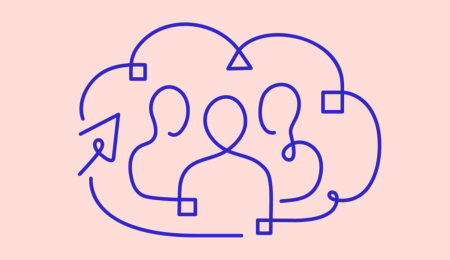Webinar Investing in Mental Health Pays Off
Investing in mental health is not only a moral imperative — it's an economic one too. Research by the McKinsey Health Institute shows that mental health conditions are the leading cause of years lived in poor health. Investing in mental health reduces the burden of mental illness and increases the economic value of a country.

